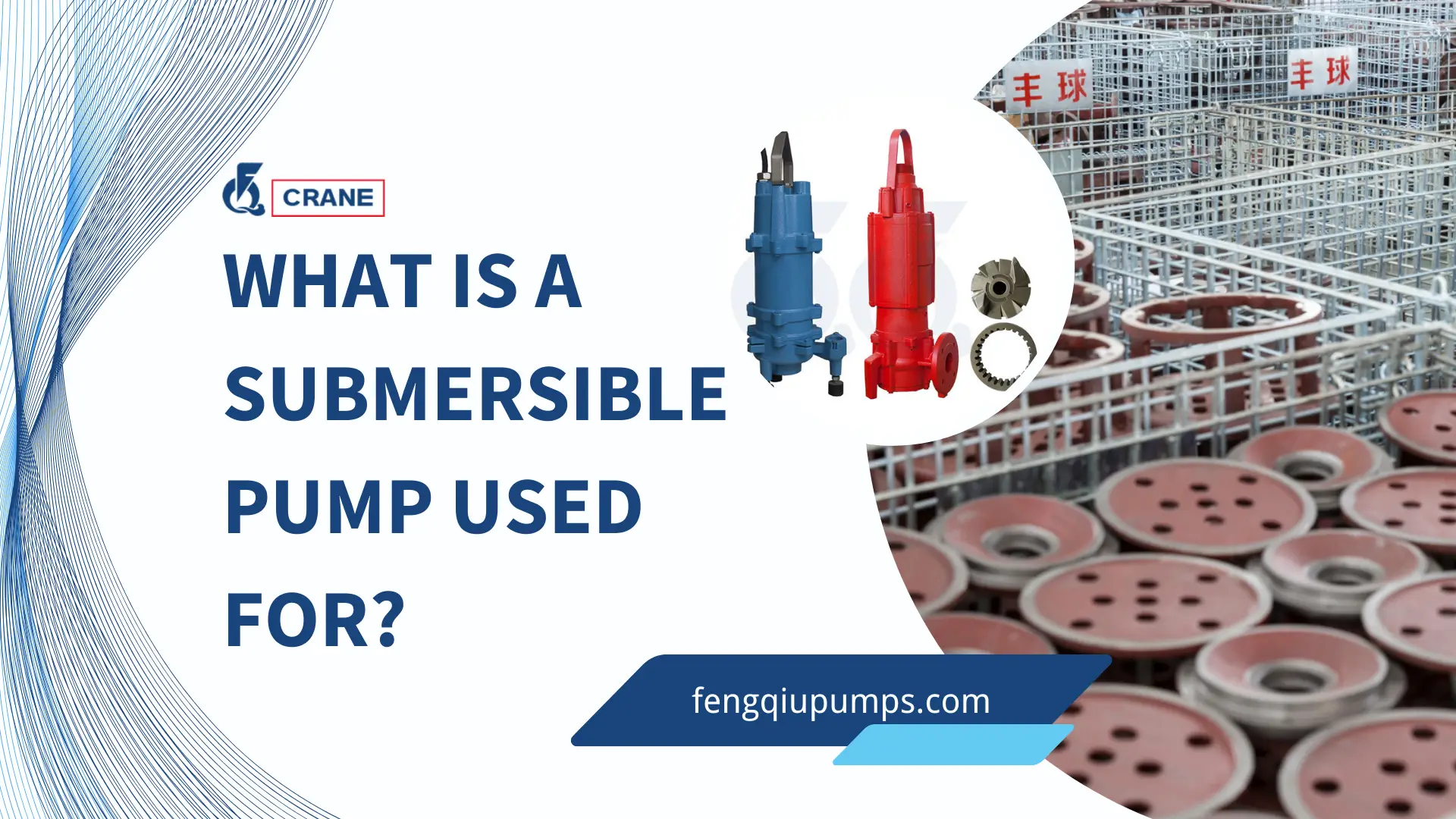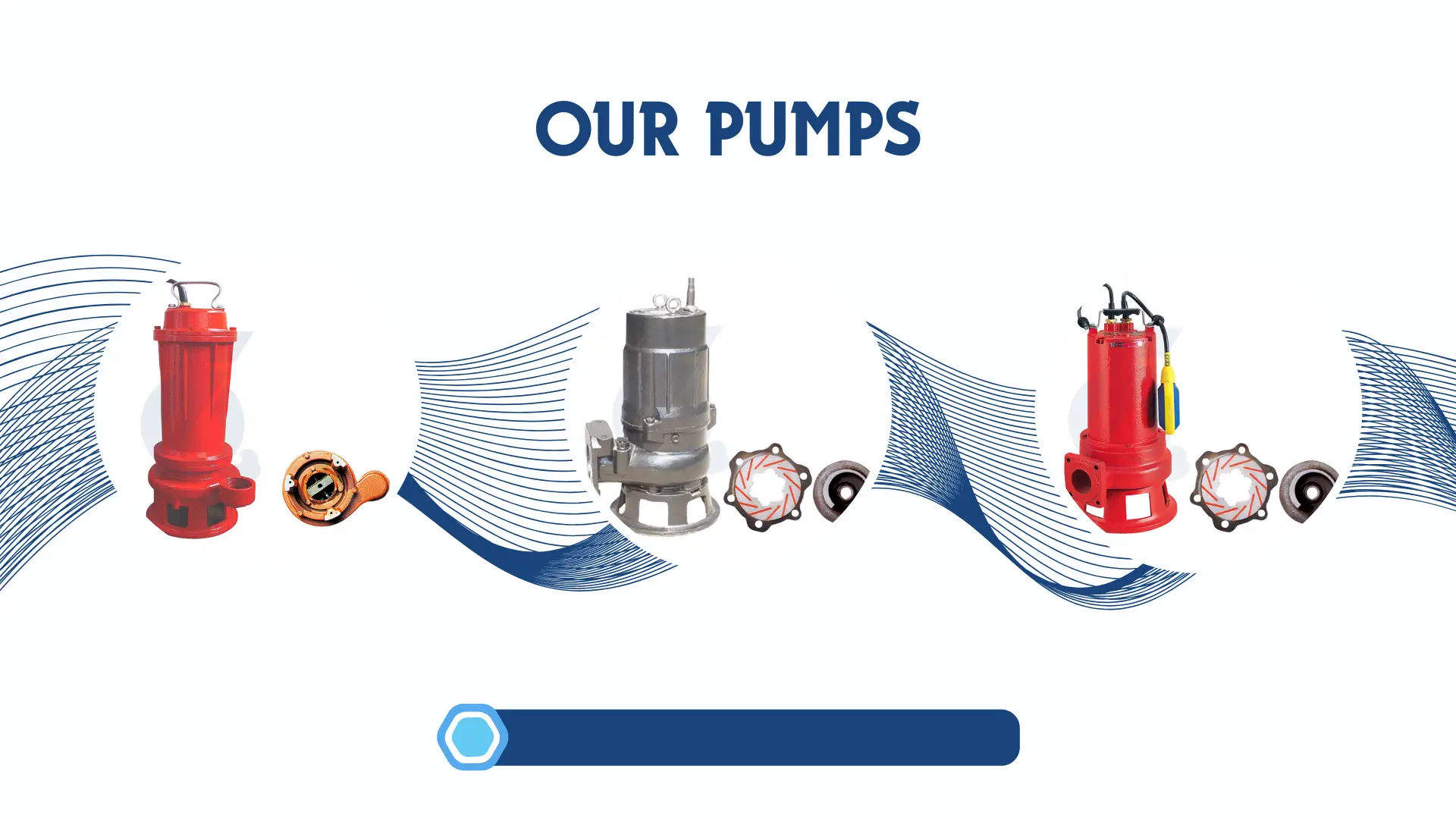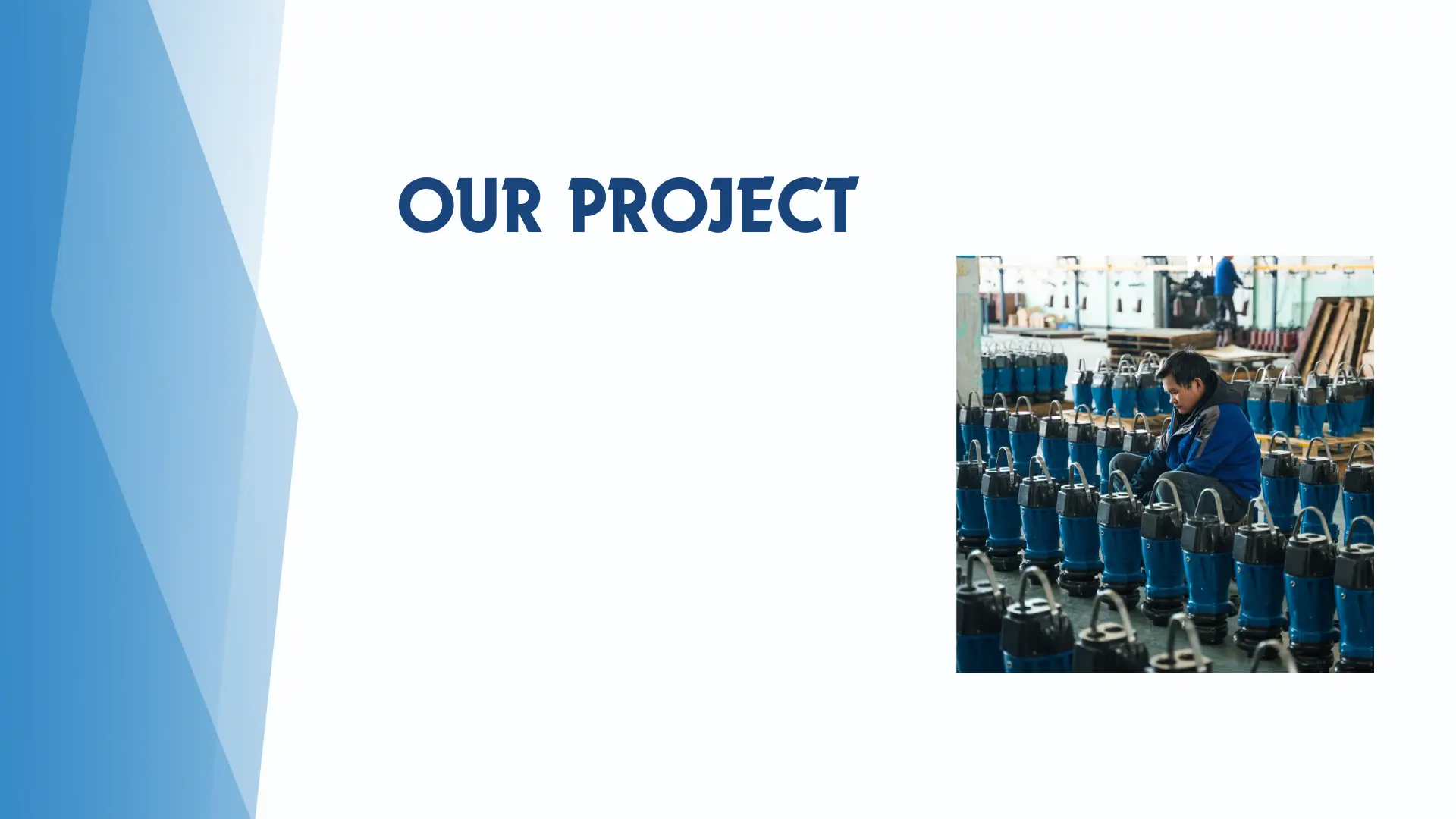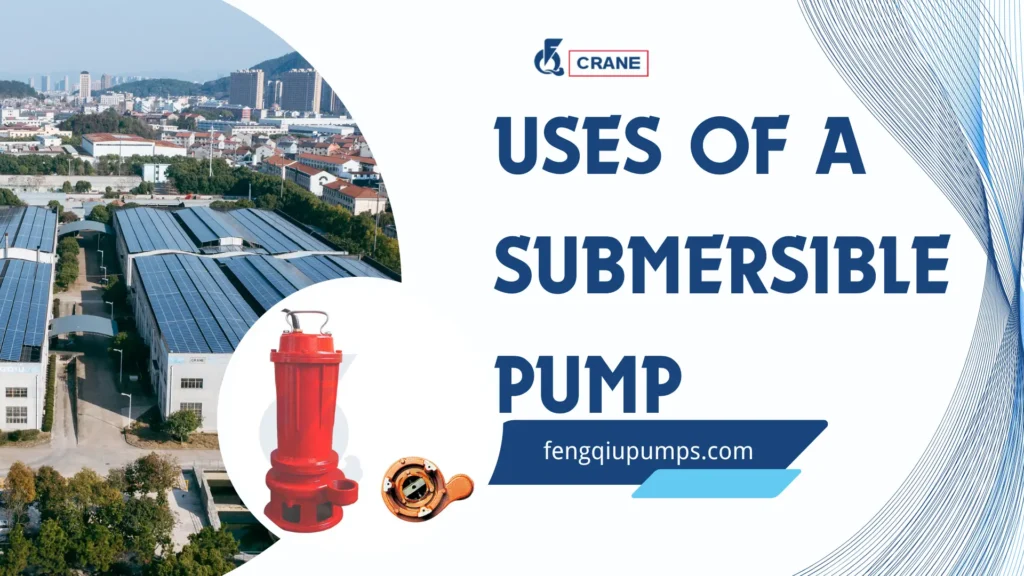Submersible pumps are essential tools found in various industries and applications. Designed to operate underwater, these pumps efficiently move water and other fluids from one location to another.
Whether for draining basements, irrigating gardens, or managing stormwater, understanding what a submersible pump is used for can help you make informed decisions.
This post will explore the different applications, benefits, and considerations of using submersible pumps, ensuring you have the knowledge needed for effective fluid management.
Common Uses of Submersible Pumps

Water Removal and Drainage
The submersible pumps show excellent performance in the process of water removal and drainage.
Quite often, such pumps are used for pumping out water from basements, construction sites, or other areas with a low-lying relief.
In all those cases where water accumulation may be dangerous, these pumps work to get rid of the extra water as soon as possible.
Besides, in mining, construction, and agriculture, they have important dewatering functions, which ensure undisturbed performance of works affected by water.
Waste and Sewer Management
Submersible pumps are quite invaluable in the management of wastewater and sewage.
They pump wastewater and sewage both from septic tanks, lift stations, and treatment plants effectively.
In this respect, they are designed to handle solid-laden liquids and slurries, hence rendering them quite ideal in those environments where conventional pumps would fail to operate.
They handle difficult waste materials in their operation, ultimately keeping the systems running with a great degree of efficiency.
Industrial Applications
These submersible pumps also find their applications in a number of different industrial applications.
They circulate coolants and lubricants within machinery and equipment to keep everything running with ease.
These pumps may also be used to transfer process liquids in manufacturing plants where any failure or inefficiency could result in losses of production.
Emergency and Backup Power
Such pumps become important in emergencies since they are widely used in the supply of water during power outages and natural calamities; thus, being useful in supplying the necessities in the community.
They also work in pumping floodwaters at emergency instances to help reduce any more hazards and bring back safety to an area.
Aquaculture and Pond Management
Submersible pumps find many applications in aquaculture and pond management.
They circulate and aerate water both in fish farms and aquaculture ponds, hence creating a healthy environment for the aquatic organism to thrive.
In addition, they are useful in the maintenance of water level and quality in ornamental ponds and fountains, adding beauty and functionality.

Read More:
- What is a Submersible Pump in Construction?
- What is a Submersible Pump and How Does it Work?
- Top 10 Submersible Pump Manufacturers In China
Advantages of Submersible Pumps
Submersible pumps come with a number of advantages that make them attractive for numerous purposes including:
Compact and Space-Saving Design
Due to compact and space-saving construction, the installation of submersible pumps should not be problematic even within the tightest spaces.
An advantage of this aspect in residential and commercial buildings comes when the demand for space is higher.
Their narrow profile makes it much easier to adapt them to basements, crawl spaces, or underground water tanks without significant adaptation of existing structures.
This versatility apart from saving space also enhances the general appearance of the area.
Ability to Operate While Fully Submerged
One of the salient characteristics of submersible pumps is their ability to operate effectively under liquid conditions.
In this respect, they will have no necessity for designing those additional components like suction lines which always makes the installation and maintenance process quite intricate.
Since they operate submerged, they are able to pump water up to the surface rather effectively. They apply to a wide array of situations such as flooded area drainage, wastewater management, and irrigation.
Their design also accommodates any change in the level of water; hence, they can be very useful in an immense range of applications.
Corrosion and Wear Resistance
Submersible pumps are made from durable materials that ensure harsh conditions.
In that matter, such resistance against corrosion and wearing off is quite important where the chemicals, saltwater, or other kinds of corrosive elements come into play.
Minimizing the effect of such elements, the submersible pump will remain functional and efficient for a longer period; therefore, reducing the cost of replacement, besides enhancing reliability.
This again is very critical in industrial settings where losses that result from it are costly.
Less Noise
Another primary advantage of submersible pumps compared to the traditional aboveground pumps is that they can operate significantly more silent.
Their motors are submerged in the water, so much noise generated during operation is silenced; thus, such pumps could be very viable in residential areas or noise-sensitive places like hospitals or schools.
With reduced noise, they have the advantage of operating at any time without interfering with residents and staff.
Enhanced Energy Efficiency
The aspect of energy efficiency has been put into consideration while designing submersible pumps.
Most of these pumps consume less energy compared to the conventionally used pumps, hence translating into a lot of savings after some time.
They are also an environmentally friendly alternative since they are efficiently designed to carry out tasks without drawing excessive power.
That means lower energy bills and a lower carbon footprint for businesses and homeowners, matching the modern theme of sustainability.

Conclusion
Submersible pumps are versatile and fastidious equipment with varied usages starting from irrigation to construction.
Such submersible pumps are designed for water removal, wastewater, irrigation, industrial processes, and more. Knowing some of the uses can help you to identify whether these submersible pumps are what you need.
Whether it is for managing floodwaters, supporting agricultural activities, or boosting the processes of wastewater treatment, a submersible pump might be one of the best investments, holding both efficiency and reliability.

